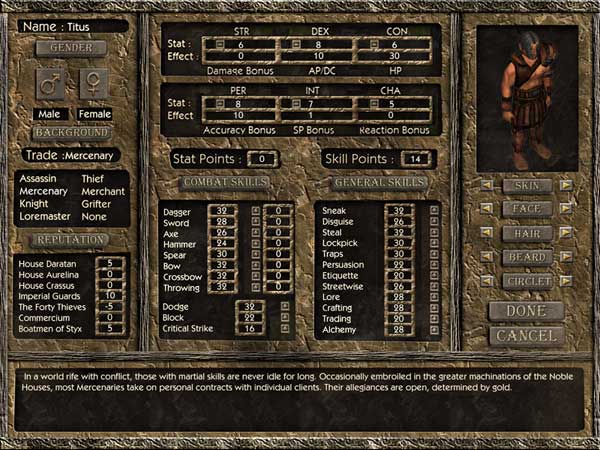RPG is Role-Playing Game (hence the abbreviation). Mechanic is there to support role-playing, but I wouldn't say it's its defining element as many people assume so. Ability to express one's personality, freedom of doing whatever one wants, choices and consequences, relationships between characters all are at core of RPG. Character progression, stats, inventory and loot are accompanying aspects of RPG, but ultimately are merely means for an end.
Can you role-play character in Zelda? It can't be just "a playable character". You need to be able to play a role. That's why you have choices, dialogues and freedom: to fulfill yourself within a role you've decided to undertake. jRPGs sound a lot like they're using RPG mechanic, but in the way like Diablo is doing it: not to role-play. Story is set, choices are set and the whole narration is already decided before you even start playing. All they have in common with RPG are mechanical elements, but that's not enough.
Point is, Diablo is still called an RPG, and so are jRPGs. So, clealry, the definition of a video game RPG and a PnP RPG are quite different. Need I remind you that the first RPGs were quite simple, little more than dungeon crawlers. It wasn't about making dialogue choices nd shaping up your character, it was about getting to the end of the dungeon.
LOL funny that you make the hearts sound like loot

But no, i disagree, even if its collected it is still increasing a parameter or a stat. Why? because it is a permanent increase that cant be lost or removed. if it where merely an armor enhancement it could be removed. When link obtains the first heart he gets forever that growth and will always have that 4th heart, no matter how many times he gets hit he will always recover that heart. it becomes part of his health. the player cant unequip, remove or lose that heart. its become a permanent growth of the character.
Also just because its collected doesn't mean anything. xp can be collected in some rpg's.
There are quite a few differences, actually. First off, there is no progression in the process of increasing your stat. One moment you have nothing, the folloing one, you've advanced a stat, there's no gradual process, which differs heavily from what is done in an RPG system, where you gradually earn your way to a level-up, when you're awarded a stat upgrade.
This brings us to the next difference - collecting hearts vs collecting XP. In RPGs, you're collecting something that, when you have enough of that thing, allows you to go through a process of icreasing your stat. In Zelda, you're directly collecting the reward, instead of a means to get to the reward.
Anyway, I am actually going to go ahead and give you people an example of an actual exception to our glorious rule: Castlevania: Symphony of the Night. It's a game that has every right to be called an RPG, according to the One True Rule, but nobody calls it that. It has loot, it has stats, it has XP, a goal. It even has C&C, which is welcome but not necessary for a video game to be generally accepted as an RPG. But it also has everything that makes a game an action platformer - it's two complete genres in one game.
So, while I will admit that our glorious system does actually have exceptions, what is generally accepted as an RPG in video games may differ greatly from what an actual PnP RPG is. Actually, video games that are generally known to be part of the video game RPG genre emulate the act of interacting with the ruleset of a PnP RPG, not necessarily the full experience of playing one.






